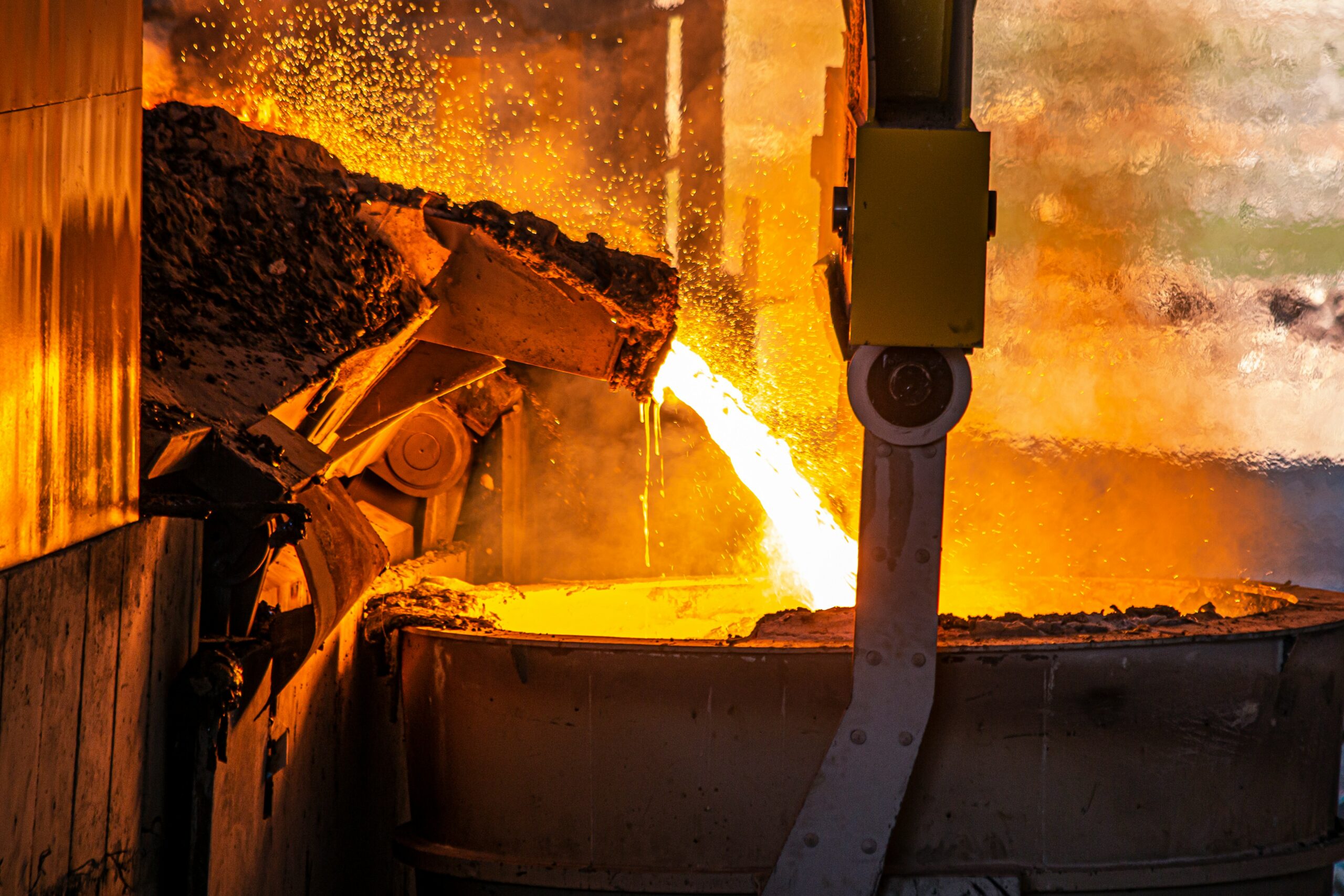Economist and Trump adviser Stephen Moore joined Chicago’s Morning Answer with Dan Proft and Amy Jacobson to discuss a flurry of recent developments in U.S. trade, energy, and budget policy—from new steel tariffs to pipeline progress in Alaska to a $10 trillion federal budget.
At the top of the conversation, Moore weighed in on former Trump economic adviser Kevin Hassett’s support for new 50% tariffs on imported steel. Hassett and others argue that these protections are necessary to preserve America’s steelmaking capacity for national defense. Moore, while calling Hassett “a very smart guy,” expressed skepticism. He noted that similar tariffs during Trump’s first term saved some steel jobs but cost the U.S. thousands of others—particularly in industries like auto manufacturing where steel is a major input. “As a job-saving strategy, it doesn’t work,” Moore said, pointing out that higher steel prices hurt more workers than they help.
The conversation then pivoted to energy policy, where Moore voiced strong support for the recently announced expansion of the Alaska LNG pipeline. Interior Secretary Doug Burgum has been championing the project, which would run alongside the Trans-Alaska Pipeline and could dramatically increase domestic oil and gas flow. Moore applauded the project as essential for economic and energy security. He recalled past environmentalist objections to Alaska’s original pipeline but pointed out that fears about damage to wildlife like caribou never materialized. In fact, he said, animals now use the warm pipes for comfort—“a free massage,” Moore joked.
Moore argued that pipeline transport is not only safer and more efficient than rail or truck but also more environmentally sound. “It’s baffling that the left is so opposed to pipelines,” he said. He emphasized that the United States is sitting on tens of trillions of dollars’ worth of untapped oil, gas, and mineral reserves, and called on lawmakers to ramp up domestic production instead of relying on countries like China, Russia, or Saudi Arabia.
On the topic of wind energy, Moore dismissed recent taxpayer investments as ineffective. He cited Steve Cortes’ new documentary Blown Away, which critiques the economic and environmental downsides of wind farms. Moore claimed the U.S. has spent around $500 billion on wind energy only to generate a tiny fraction of the nation’s total power output.
Turning to the federal budget, Moore expressed frustration with what he called a “phony debate” over spending. While lawmakers argue about belt-tightening, Moore noted that both Republican and Democrat proposals keep spending at staggering levels—$83 trillion over the next decade under the GOP plan, compared to $85 trillion under the Democrats. “This is not a budget that’s serious about cutting spending,” he said. He praised Senators Ron Johnson and Rand Paul for being two of the only voices pushing for real restraint.
Moore also criticized the likely expansion of the State and Local Tax (SALT) deduction cap, saying it unfairly rewards high-tax states like Illinois, New York, and California at the expense of fiscally responsible states. “All we’re doing is subsidizing bad tax policy,” Moore said.
While Moore expects a tax bill to pass by year’s end to avoid automatic tax hikes in 2026, he expressed doubts that any meaningful reforms on spending would be included. As Proft pointed out, there’s little momentum in either party to rein in the budget—and even less willingness to confront politically sensitive tax breaks that benefit powerful states.
Moore ended the segment by highlighting Elon Musk’s recent efforts to expose waste in the federal government. While Musk has faced sharp criticism, Moore argued that shining a light on abuse of taxpayer funds should be viewed as a patriotic act, not villainous. “No good deed goes unpunished in Washington,” Moore said.
Stephen Moore is co-author of Trumponomics and The Plan to Unleash Prosperity Again. He is a senior fellow at the Heritage Foundation and a frequent contributor to The Wall Street Journal.





